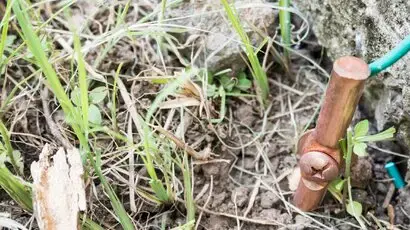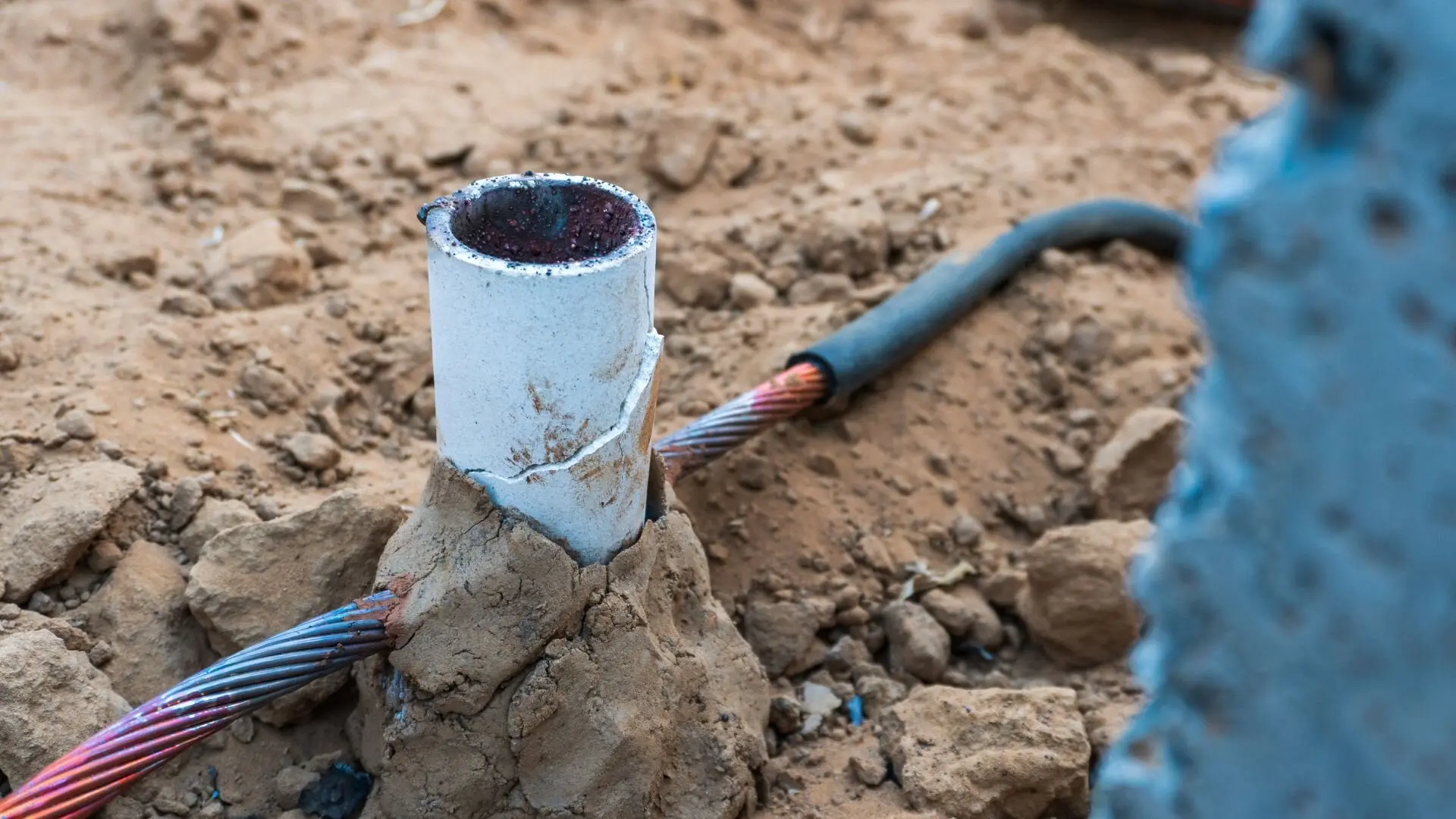
Get your free Melbourne Electrician quote today!
Our team of Melbourne Electricians is here to help you with any questions or concerns you may have. We’re committed to providing you with the best possible service and support.
Discover the vital role of electrical grounding in keeping your home safe from electrical shocks and fires. Learn how grounding works, why it’s important, and how to identify potential grounding issues in your home. Ensure your family’s safety with our comprehensive guide to electrical grounding.
Ever felt a tingle from an appliance? It’s a reminder of the power coursing through your home’s electrical system. Thankfully, Australian homes have a hidden safety feature: electrical grounding.
Grounding provides an essential pathway for excess electricity to flow safely into the earth during faults, helping to prevent shocks and fires. Think of it as a safety lane for electrical currents, ensuring both you and your appliances are protected.
Understanding electrical grounding, even for non-electricians, is important for electrical safety at home. In the next section, we’ll delve deeper into how electrical grounding works and its role in keeping your home safe.
Electrical Grounding Explained
Your home’s electrical system is a complex network of wires carrying electrical current to power your appliances. This current flows in a loop called a circuit, typically returning to the source through a neutral wire. However,
electrical faults can disrupt this flow, causing excess current to travel unintended paths. This is where electrical grounding becomes crucial.
Electrical grounding serves as a standalone system in your home’s wiring setup, offering a dedicated safety route for excess electricity. Typically, a bare copper wire links your electrical panel to a grounding electrode, such as a metal rod driven deep into the ground. The earth acts like a natural conductor, safely absorbing any stray current that leaves the circuit through this grounding wire.
In simpler terms, grounding provides a safe "escape route" for electricity during a fault. Without proper grounding, excess current might take a dangerous detour through your appliances or even you, causing electrical shocks and potential fires.
Why is Electrical Grounding Important?
While electrical grounding might not be the most prominent feature in your home, it plays a crucial role in keeping you and your family safe. It offers a reliable path for stray electrical currents to follow during faults, acting as a safeguard against potential hazards.
Think of your electrical system as a highway. Electricity travels along wires to power your appliances. Ideally, this current completes a loop, flowing from the source through the appliance and back via a designated "return lane" called the neutral wire. However, electrical faults, like short circuits, can disrupt this flow,
causing excess current to surge through unintended paths. This is where the danger lies.
Metal parts on appliances can become unintentionally energised during a fault. Without proper grounding, this stray current might take a dangerous detour through you if you touch the appliance, causing a potentially life-threatening electrical shock.

What to Do if You Suspect a Grounding Issue
If you suspect a faulty grounding system in your home, resist the urge to become a DIY electrician. Electrical work can be dangerous for the untrained, and improper grounding repairs could worsen the problem. Here’s what to do:
Get in touch with a licensed electrician right away. They possess the expertise and equipment needed to safely inspect your home’s electrical system and diagnose any grounding problems. A skilled professional can pinpoint the root cause, whether it’s a faulty ground wire, a compromised connection, or a more intricate issue.
Ignoring a faulty grounding system is simply not worth the risk. It can lead to serious consequences, including:
- Electrical fires: Faulty grounding can cause excess current to flow through wires, leading to overheating and potential fire hazards.
- Electrical shocks: Without a proper path for stray current, it might travel through you if you touch a faulty appliance, causing serious injury.
Taking action is key. A prompt call to a licensed electrician ensures your home’s electrical system is functioning safely and prevents potential disasters.
Live Safe: The Importance of Proper Electrical Grounding in Your Home
Electrical grounding may not be the most glamorous aspect of your home’s electrical system, but it plays a vital role in safety. A properly grounded system acts as a silent guardian, safeguarding you from electrical shocks and fires.
For peace of mind, ensure your home’s electrical grounding is functioning optimally.
WP Electrical possesses the expertise to
inspect your house wiring and grounding system. Our qualified electricians can identify any potential issues and perform any necessary repairs to ensure your home’s electrical system is safe and up to code.
Contact WP Electrical today – let’s work together to keep your home safe.
